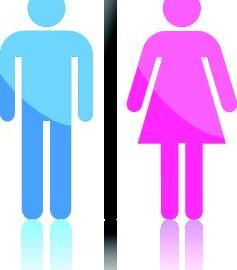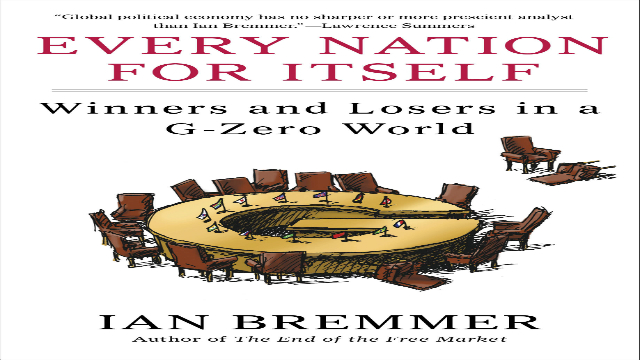God’s Gender Police

Last week, the blogosphere was in an uproar over a sermon given by a North Carolina pastor, Sean Harris, who seemingly advised parents to beat their children if they show any signs of being gay or otherwise not following traditional gender norms:
“Dads, the second you see your son dropping the limp wrist, you walk over there and crack that wrist. Man up. Give him a good punch. OK? You are not going to act like that. You were made by God to be a male and you are going to be a male.”
Harris later apologized, sort of, saying on his own blog that “Parents should not punch babies or children” (I’m glad to hear he rejects the Bible’s advice on that score). Instead, he says, his sermon was metaphorical, and was meant to “emphasize the degree to which gender distinctions matter to God”.
One thing I noticed is that Harris seemed to be surprised by how much hate mail he got for his comments. He shouldn’t have been. As I wondered on Twitter, how enraged would Christians be if a prominent atheist, like Richard Dawkins, advised atheist parents: “If your children are showing signs of converting to Christianity, you should beat them until they renounce their faith in God”?
But whether or not he apologized, what this shows is how bizarrely, fanatically insistent religious fundamentalists are when it comes to policing the boundaries of what they consider “proper” gender expression and presentation. Their obsession with gay people is just the largest and most visible symptom of this, but there are others. (Another typically calm and level-headed press release by a religious right group said that laws against sexual orientation and gender discrimination would lead to “the abolition of morality in America”.)
Christians habitually refer to God using masculine pronouns, and this isn’t just a convenience of speech: they clearly believe that “He” and “Him” convey some sort of important truth about the nature of God. That’s why churches have repeatedly denounced or quashed theologians who refer to God in female terms: like blocking a lecture by the ironically-named Carol Christ, a feminist scholar who “suggests that the image of God as exclusively male does not and cannot reflect women’s experience of the divine”. In America, the Catholic bishops condemned Quest for the Living God, a popular book by the theologian Elizabeth Johnson, because:
…the bishops took issue with Johnson’s discussion of female images for God without giving sufficient weight to the primacy of male imagery. (source)
On the other side of the theological aisle, Protestant evangelists like John Piper, among others, have declared that God gave Christianity a “masculine feel“.
I think that people who are deeply immersed in Christian culture (and to be fair, Jews and Muslims do this as well) don’t realize how utterly strange this sounds to someone coming at the idea without doctrinal preconceptions. Why is God male and not female? Does he have a Y chromosome? A penis and testicles? What could God possibly possess that would make him one gender rather than another? No matter what qualities he possesses that are traditionally demarcated as male, it would seem he must have the traditionally female ones in equal measure. (I remember the first time I encountered the idea of the Trinity, when I was a boy, and even then, it seemed confusing and unfair. Why was it father, son and Holy Ghost? Why not father, son and mother? That seemed like a far more logical arrangement to my nine-year-old self.)
The religious obsession with gender as a fundamental category of existence, a Platonic dividing line, belies the vast diversity in the natural world. Probably the majority of species in existence are completely asexual. Of the ones that remain, many are hermaphroditic or can change gender over their lifetime. And even among the rest, there’s no such thing as a “typical” gender behavior. In some species, males are larger and compete over females; in others, females are larger and males are tiny parasites. If these are all the handiwork of a creator, that being must be far less concerned with rigid gender roles than its followers are.
Image credit: shutterstock.com





